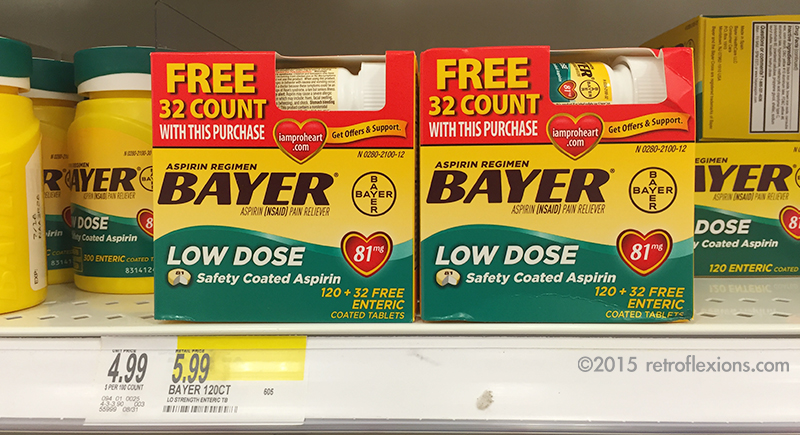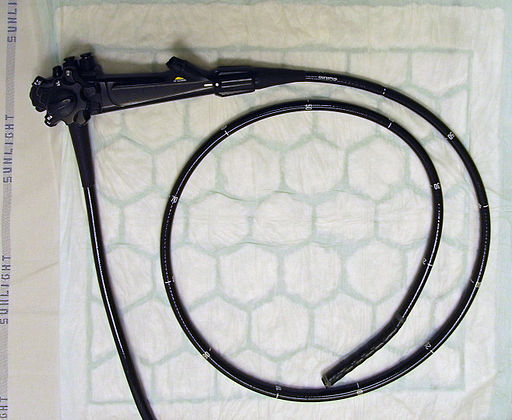So what are some take home points about meat intake in Crohn's disease? Red meat (beef, lamb, pork [yes pork too!]) can be though of as pro-inflammatory foods. It is reasonable to limit consumption of red meat to once or twice per week at most. Fish is probably a good alternative to red meat. These recommendations are based on very limited, low-quality data. Sometimes this is better than no data at all!
A Long Island native, Dr. Frederick Gandolfo graduated with a BS in biology from Fordham University in Bronx, NY. He attended SUNY Stony Brook School of Medicine. He completed internal medicine residency training at New York University. He continued at NYU for gastroenterology fellowship and was awarded fellow of the year. Dr. Gandolfo is board-certified in internal medicine and gastroenterology.
After practicing in a large group for several years, Dr. Gandolfo decided to go solo in 2018 and started his own practice, Precision Digestive Care, located in Huntington, NY.
Dr. Gandolfo lives in Long Island with his wife and two children. Most of his time outside of medicine revolves happily around doing dad stuff, but he is also an amateur photographer, fitness enthusiast, frustrated writer, and empiricist at heart.





